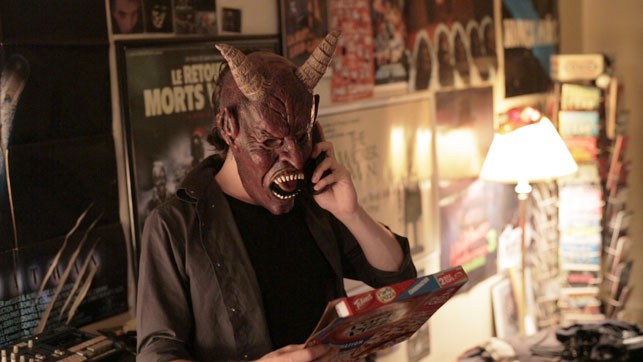
A good denomination when analysing any amount time when focusing on film history is about 20 years, a lot can happen in 20 years in regards to film history.
Between 1900-1920 the first feature films were made, parallel editing and cross cutting became more prevalent, experimental use of basic special effects were pioneered. Between 1921-1940 talkies were introduced, marxist cinema revolutionized film editing and dialectic metaphors in film, and the two-strip color process finally achieved major commercial success, among other things.
If a person kept on going through cinema’s historical timeline in intervals of 20, then one will not fail to find any major or unprecedented event, whether it be a major film release, new cinematography technology, special effects advancements and so on.
From a contemporary perspective, these last 20 years (1997-2017) has introduced some amazing new film movements such as the Korean New Wave, Mexican New Wave, French Extremity movement, etc. Not to mention the rapidly advancing digital technology. However, as with all major moments, smaller, interesting films tend to be omitted in general discussion.
So, here are 15 films from the past 20 years you shouldn’t miss.
1. Mr. Death: The Rise and Fall of Fred A. Leuchter, Jr. (dir. Errol Morris)
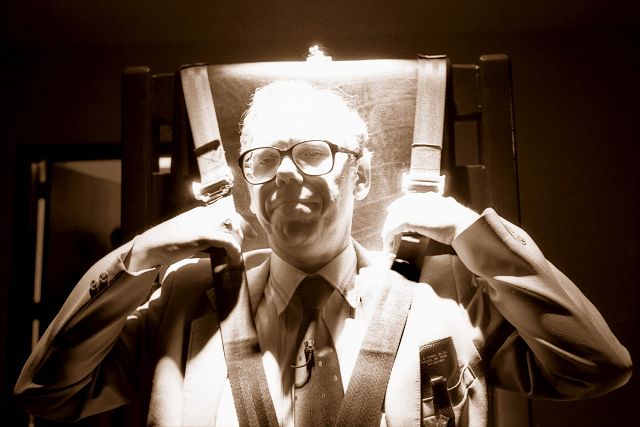
Morris has been making documentary films for about 20 years prior to “Mr. Death…” This piece focuses on an engineer, Fred Leuchter, who constructs and improves upon existing technology that executes criminals for state governments. He famously improved upon the electrocution chair as he felt that old methods were inhumane, unsafe for prison faculty, and the person receiving capital punishment should die with as little pain and with the utmost respect as possible.
All of that information encapsulates the so-called rise of Leuchter as a prominent engineer for the capital punishment industry. His fall begins when infamous Holocaust denier, Ernst Zündel, is put on trial in Canada for libel, contacting Leuchter as an expert witness to go to Auschwitz, take samples of gas residue off of supposed gas chamber walls and see if they had any traces of poisonous gasses on them.
Once Leuchter publishes his findings that corroborate with Zündel’s narrative, he loses job opportunities, his report on the gas chambers are scientifically disproven, and a whole host of other problems arise. His reputation is dragged through the mud and he is now most famous—or most infamous—for being a Holocaust denier.
2. Lake of Fire (dir. Tony Kaye)
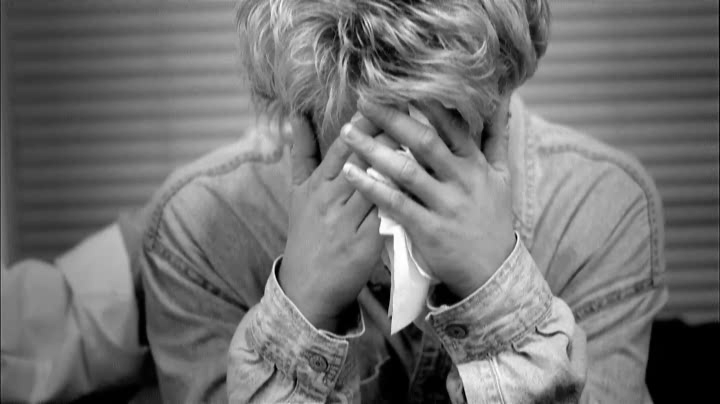
A 16 year project that graphically analyzes the effects of abortion in the United States. It is perplexing as to why such a compelling film has flown under the radar for so many years.
“Lake of Fire” is a brutally honest and partially neutral dissemination of both pro-life and pro-choice arguments. It its partial because although Kaye does a fine job of giving the pro-life point-of-view a fair amount of screen time, when it comes to pro-lifers he primarily focuses his lens on the pious, non-secular perspective, so naturally these god-fearing people come off as extremists and not rational and fair human beings.
For pro-choice, every argument is presented with a secular and reasonable disposition. However, if a pro-life person watches “Lake of Fire” and leaves thinking/feeling that it argued for life instead of choice or abortion, and if a pro-choice person leaves thinking/feeling their ideology was given the mantle, then Kaye may have achieved what he wanted.
Or both sides are simply reflecting and projecting their arguments, experiences, or beliefs onto “Lake of Fire” and that both sides are neither right or wrong. Whatever it may be, it certainly is not an easy answer and Kaye intends to make sure the answers are not so black and white, even though ironically it is shot in the lowest possible saturation.
3. Elena (dir. Andrey Zvyagintsev)
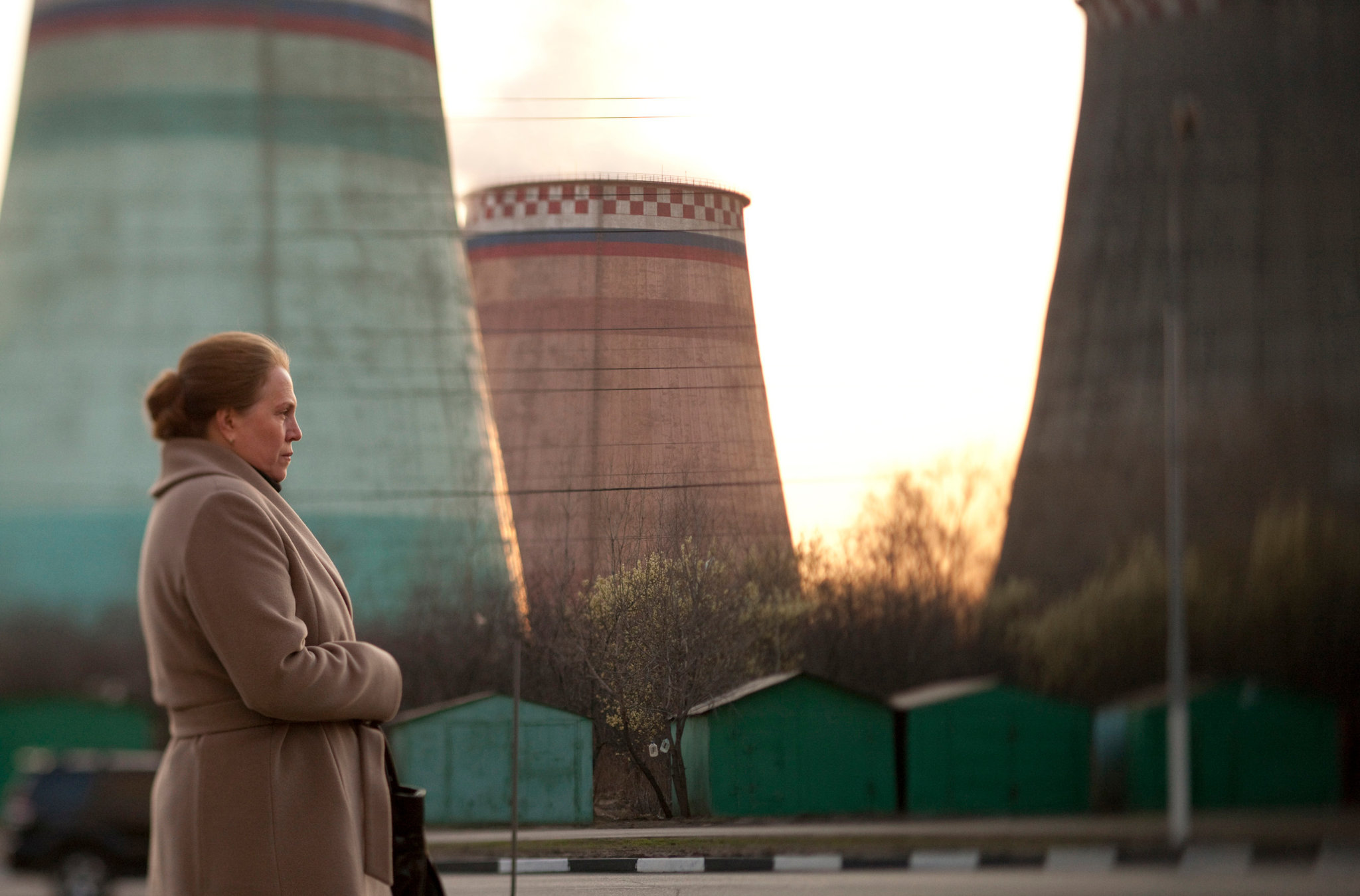
A much quieter film than other Zvyagintsev features (before or after), “Elena” follows a middle aged nurse who is in a business-like marriage to an aging, elderly man named Vladimir whom she had nursed in a hospital a few years prior to the engagement.
As Vladimir begins to accept his mortality he decides to make his negligent daughter the sole devisee of his entire state, leaving Elena with nothing. This betrayal upsets her as she wants to send her 17 year old grandson to university with the money from the decedent’s estate. Believing her daughter in-law does not deserve the testament’s disposition, she begins to think about poisoning her husband before he can finish the will so she can at least get half of the estate.
As a study of the dichotomy between proletariat society (Elena and her family) and bourgeoisie society (Vladimir and his daughter) in Russia, Elena sees Vladimir and his daughter as distant and selfish, on the other hand Vladimir and his daughter see Elena’s family as lazy and neglectful.
These disparate ideologies is the conflict of the film, though this theme never explicitly mentioned. Rather, we see the stark contrast between the quality of living that Vladimir can afford and the kind of living Elena’s family has. The kind of living that could possibly be amended if she were bequeathed some of her dying husband’s legacy.
4. Twentynine Palms (dir. Bruno Dumont)
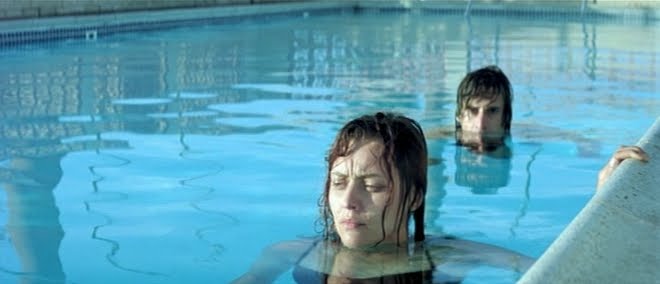
A bit of a trojan horse for its entire runtime, “Twentynine Palms” is a quiet and at times a frightening film to watch as a photographer, David, and his girlfriend/model named Katia take a seemingly arbitrary trip to the California desert up in the titular region of San Bernardino. They have nothing in common aside from perpetual coitus, and arguing, with both speaking poor French to compensate for a lack English dialogue.
But, as the film progresses further towards its conclusion, David becomes more sexually aggressive and Katia grows distant. This is in stark contrast from earlier where David seems much more patient with her, whether it is boredom, the heat, or an insatiable sexual appetite, it is not clear as to why he is so demanding.
In fact, one of the posters for “Twentynine Palms” succinctly reflects the dynamic of the relationship: both David and Katia are swimming in a pool, Katia’s eyes are looking off in the distance at something outside of the frame, with David close behind under the water leaving everything above his mouth visible; his gaze is very intense as he is staring at Katia suggesting lewd acts.
This poster is demonstrative of the kind of people Katia and David are. Katia is blissfully aloof, unaware of the unintended consequences of said aloofness, and David is a predatory-like figure without even realizing it.
It is only until the climax does the dynamic between the two become reversed and for a moment Katia is the level-headed one.
5. Buzzard (dir. Joel Potrykus)
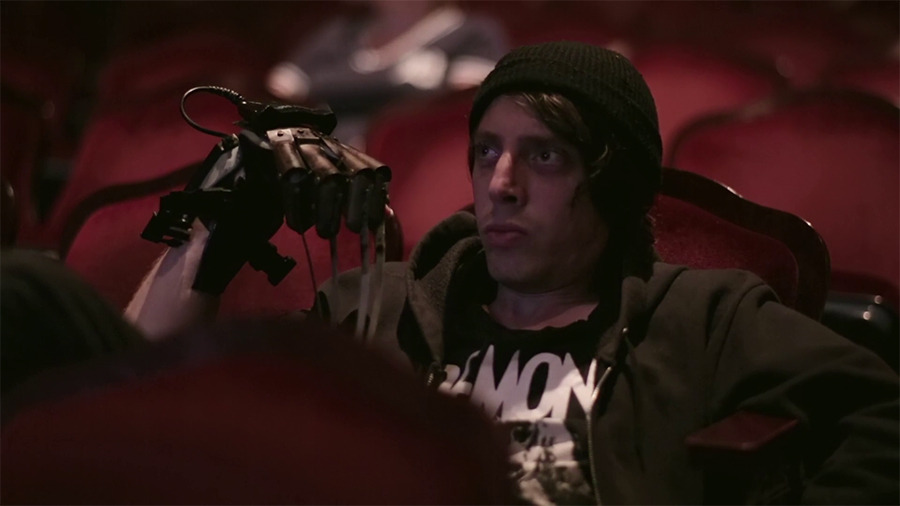
Very few comedies focus on the financial struggles of millennials as honest and condemnable as “Buzzard,” Potrykus’ sophomore feature. In it, a bored and purposeless mortgage temp named Marty, spends his free time modifying his Nintendo Power Glove to look like Freddy Krueger’s claw glove, playing classic video games, and trying to cash fraudulent checks.
One day he tries to cash some stolen checks he found at his own job, First National Bank, erroneously trying to forge the payee’s signature signing them to himself, but his boss tells him that the bank takes a picture of anyone depositing checks as a security measure. Spooked, Marty goes into hiding at his nebbish co-worker’s house.
Most crime films focus on blue collar activity as, for obvious reasons, they make for better drama. In the case of “Buzzard” Potrykus makes Marty’s arrant idiocy seem plausible enough that someone would be so arrogant to try and cheat his own employer with stolen checks. The sharp, witty writing and static camera suspend disbelief, even if in actuality someone like Marty would have been caught a long time ago.
Oh, and Marty’s homemade Krueger-style glove makes for a nail-biting chekhov’s gun.
6. A Simple Life (dir. Ann Hui)
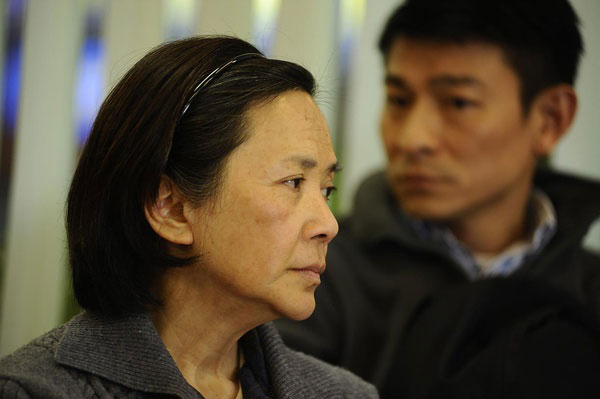
A very simple film, indeed. An aging caretaker, Chung Chun-to (Deanie Ip) is found lying on the floor due to a stroke when her boss/godson, Roger Leung (Andy Lau) returns home after a business trip. Chung makes the decision that she wants to retire and go live in a nursing home knowing her health is declining.
Roger accepts, finding a suitable retirement home owned by a friend. This arrangement makes Roger and Chung grow closer because the professional side of the relationship is extinct and Roger begins to truly appreciate all the work she put in for the family.
What makes this film stand out from other dramedies is how almost nothing happens throughout the film. As we wait for Chung to pass away, “A Simple Life” comprises of small yet big events and there is no forced melodrama or manipulative moments. Less is more is the best mantra to attach to this movie, thus making all elements heartwarming and beautiful in their own right.
7. Raising Victor Vargas (dir. Peter Sollett)

Most comedies about adolescence come off as artificial and forced via the gaze of much older people writing about subject matter outside of their own demographic. Only a few have succeeded but those that have are self-aware and didactic. But, “Raising Victor Vargas” is a rare exception, capturing teenaged romanticism with earnesty.
The film’s title character lives with his grandma and younger siblings in the Lower East Side of New York City. When he is caught at a slightly overweight girl’s house, rumors spread of the possible relationship, but Victor being the prideful kid that he is denies such accusations, setting his sights on the attractive, albeit reserved, Judy. Like always Victor is faced with setbacks and speedbumps, vying for Judy’s attention as much as possible.
Victor’s attempts at courting Judy are as relatable to anyone who has been lovesick in the past. The comedy here lies within the ways Victor tries to impress her and win her affections over the other boys in the neighborhood.